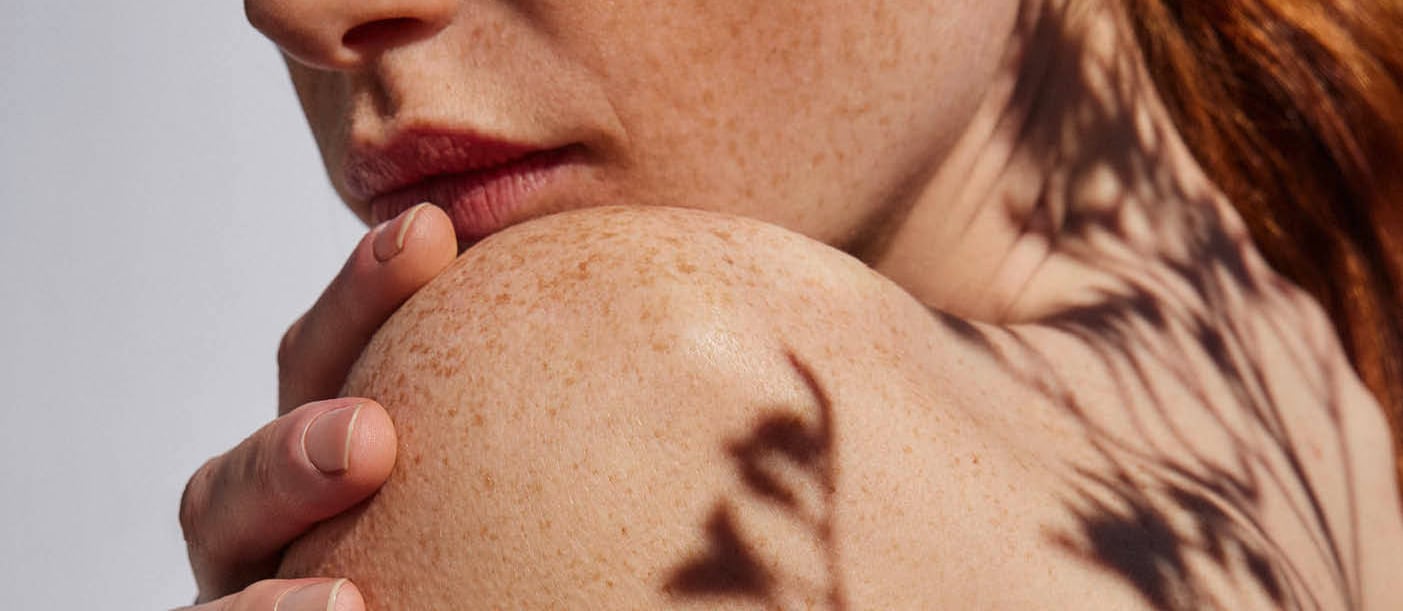Mois international de sensibilisation au cancer du sein: interview avec le Dr Dan Rauch
Octobre est le mois international de la lutte contre le cancer du sein. L’objectif de la campagne appelée «Octobre rose» est de sensibiliser sur le cancer du sein. Ce sujet nous tenant particulièrement à cœur, nous vous avons compilé quelques faits importants à ce sujet. Pour faire le tour de la question, nous avons interrogé le Dr Rauch, spécialiste FMH en gynécologie et obstétrique au cabinet Minerva, à Lucerne. Retour sur cet entretien riche d’enseignements.
21 octobre 2022 • 8 min de lecture

Près de 6300 femmes et 50 hommes contractent chaque année un cancer du sein en Suisse. Il s’agit du type de cancer le plus fréquent chez les femmes. Depuis 1985, le mois d’octobre est consacré à la lutte contre le cancer du sein à l’échelle mondiale. Le but: sensibiliser et promouvoir le dépistage.
Le Dr Rauch a bien voulu répondre aux questions les plus fréquemment posées concernant le cancer du sein. Avec le Dr Beatrice Herrmann, il dirige le cabinet de groupe Minerva, logé au cœur de Lucerne et spécialisé dans la gynécologie et l’obstétrique.
Quels sont les facteurs de risque de cancer du sein ?
Dr Rauch: Les principaux facteurs de risque sont l’âge, les antécédents familiaux et les prédispositions génétiques. Les risques augmentent avec l’âge. Ainsi, la grande majorité des cancers du sein se déclare après 50 ans. Pour autant, près de 20% des femmes touchées ont moins de 50 ans au moment du diagnostic.
Les antécédents familiaux jouent aussi un rôle important. Le nombre de proches ayant contracté un cancer du sein et l’âge que ceux-ci avaient au moment où la maladie s’est déclarée peuvent être déterminants. Le risque est en effet plus élevé chez les personnes dont des parents ont eu un cancer avant l’âge de 50 ans.
Enfin, les prédispositions génétiques constituent le plus grand facteur de risque. Environ 5 à 10 % des personnes atteintes d’un cancer du sein présentent une mutation d’un gène, par exemple le gène BRCA.
Une consommation excessive d’alcool et le surpoids peuvent aussi avoir une incidence sur la mutation. Certains traitements hormonaux semblent également augmenter légèrement les risques.
Que signifie l’abréviation BRCA ?
Dr Rauch: BRCA est l’abréviation anglaise de «Breast Cancer Gene». Il s’agit de la mutation d’un gène qui augmente fortement les risques de contracter un cancer du sein ou des ovaires. Chez les personnes présentant une mutation BRCA, le risque de se voir diagnostiquer un jour un cancer du sein est compris entre 60 et 70 %, tandis que celui de souffrir d’un cancer des ovaires fluctue entre 40 à 60 %. Dans ces cas-là, la prévention doit intervenir beaucoup plus tôt.
Quels sont les principaux signes de cancer du sein ?
Dr Rauch: Le signe le plus fréquent est l’apparition de masses (non douloureuses) sur les seins ou au niveau des aisselles. Il faut aussi être vigilant en cas de modifications de la peau, en particulier de rougeurs, de rétractions ou encore d’écoulement des mamelons teinté de sang.
Les douleurs mammaires peuvent-elles aussi être le signe d’un cancer du sein ?
Dr Rauch: Ces douleurs sont bien plus souvent liées à des troubles hormonaux et ne constituent pas forcément un signe de cancer du sein. Il est notamment fréquent de ressentir une tension dans les deux seins avant les règles. Toutefois, il est recommandé de consulter un spécialiste si des douleurs persistent.
Que peut-on faire en matière de prévention ?
Dr Rauch: Pour commencer, il est conseillé de faire réaliser régulièrement un contrôle chez son ou sa gynécologue. Le médecin procède alors à une palpation pour repérer les éventuelles anomalies. À partir de 50 ans, une mammographie de dépistage est en outre recommandée tous les deux ans. Cet acte a un but préventif chez les personnes ne présentant pas de symptômes, et permet de déceler au plus tôt les cancers du sein ou leurs stades précurseurs.
En cas d’antécédents familiaux ou de mutation avérée d’un gène, la prévention commence bien plus jeune et passe par le recours à l’IRM (imagerie par résonance magnétique).
Comment pratiquer l’autopalpation mammaire ?
Dr Rauch: L’autopalpation mammaire est une pratique à encourager. Il est indiqué de la réaliser après les règles, au moment où les seins sont plus souples et moins gonflés.
Je conseille aux personnes intéressées d’en parler avec leur gynécologue pour savoir comment procéder.
Découvrez d'autres sujets qui pourraient t'intéresser sur notre blog:






